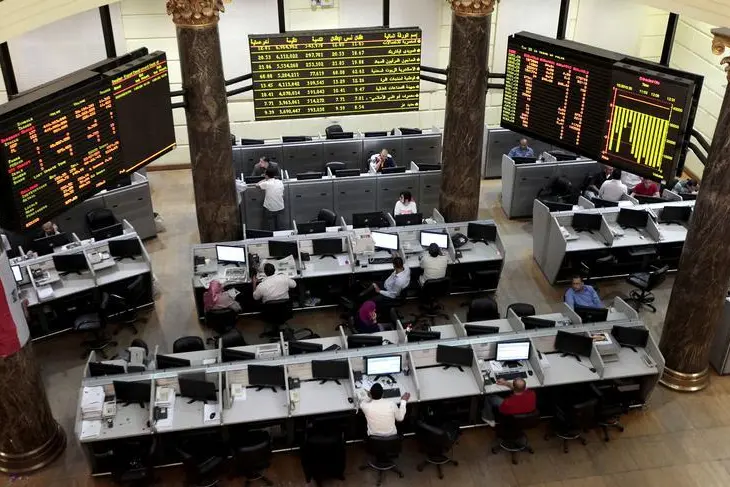PHOTO
CAIRO - The Egyptian government’s postponement of its share sales has raised concerns the budget deficit may widen this year and pushed private companies to delay their own share offerings.
The government had been planning to sell 4.5 percent of tobacco producer Eastern Company this week, the first of up to five sales previously due by the end of this year. Another 18 were expected over the next two or three years.
Egypt hopes the sales will raise badly needed funds for the state and boost the private sector as the country implements austerity measures backed by the International Monetary Fund and struggles to contain inflation and debt.
But on Friday, citing global market volatility, the government said the Eastern sale would be delayed until next year. It has not set dates for other sales.
Equities across emerging markets, including Egypt’s, have declined steeply since the beginning of the year. Eastern’s shares have fallen by 75 percent from their peak on March 8.
Privatisation also carries political risk. It has long been unpopular with a section of Egyptian society, including many employees of state-owned firms, who believe state assets should not be sold cheaply, if at all.
“If it were not postponed, and the Eastern offering had failed to be covered at proper valuation, this could have triggered a political backlash and possibly have jeopardised the whole program,” said Hany Farahat, senior economist at Egyptian investment bank CI Capital.
“The timing is not right for both private and public companies.”
Since last month, two private companies have made initial public offerings, the first in what was expected to be a surge of private and public share sales.
The first sale, Cairo for Investment and Real Estate Development (CIRA), was 18.9 times oversubscribed, and shares opened on Tuesday 20.6 percent above their offer price.
But shares in Egyptian leasing company Sarwa Capital , the second company to float, have dipped by around 15 percent from the offer price after a week of trading.
At least three further private IPOs tentatively planned by the end of December — Rameda Pharmaceutical, Giza Spinning and Weaving and contracting group Hassan Allam — will now slip, according to an investment banker involved in one of the offerings.
“No IPOs this year. (They have been) all pushed to next year until we see how the market will recover,” he said. “I think everyone reached that decision.”
DEFICIT TARGET
Egyptian officials were counting on 10 billion Egyptian pounds ($558 million) of privatisation proceeds to reduce the budget deficit in the year to June 2019 to 8.4 percent of gross domestic product.
The government still has time to resume share sales before the end of the fiscal year in June, said Allen Sandeep, head of research at Naeem Brokerage. It could meet its revenue target from offerings in just two of the five originally planned for 2018, Eastern Company and fertilizer maker Abu Qir, he added.
But an increase in international oil prices this year and higher yields on emerging-market debt have made the task of reducing the deficit even harder. Egypt is expected to turn to the foreign currency bond market next year to raise $5 billion.
With reduced international appetite for emerging markets, neither borrowing nor selling assets is an easy option.
“The risk to the government in postponing the offerings is that the emerging-market crisis could get even worse over the coming year,” said Wael Ziada, head of investment company Zilla Capital and former head of research at EFG Hermes, Egypt’s biggest investment bank.
$1 = 17.9350 Egyptian pounds Editing by Aidan Lewis, Larry King
© Reuters News 2018





















